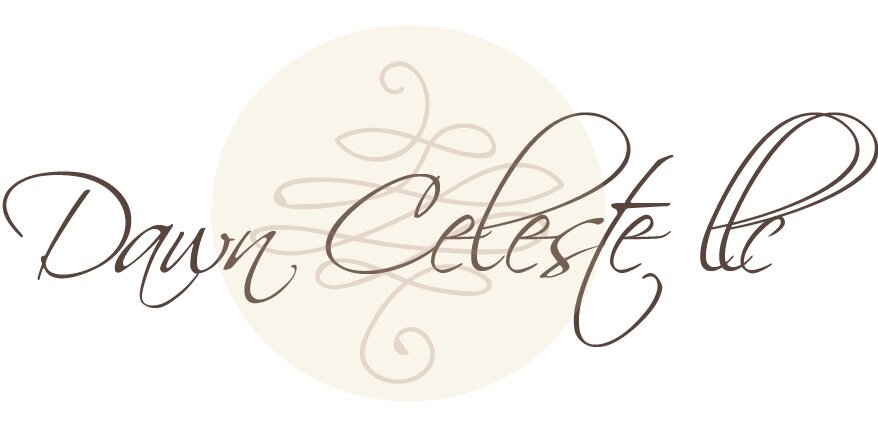Shut Up. ?
Sometimes the most powerful words we can say are Shut Up. Yep, that’s right. Shut Up. And it’s better when said with gusto and written as SHUT UP.
Our inner critics are often our worst enemy. They often do deserve a stern Shut Up perhaps when telling you things like:
Are you kidding, you think you can do this?
Seriously? You? That’s funny!
You’ve tried this before and you fell flat on your face. Interested in doing that again? Ha!
Inner critics are thoughts that all people have. A great book to read on the inner critic topic and how to honor it and move beyond — or listen to — it is Tara Mohr’s Playing Big. In 2016, the book inspired me to seek a larger canvas on which to paint my future.
As Tara says, the inner critic isn’t simply the always bad guy or girl. It’s a voice that often protects us or keeps us from embarrassing ourselves. It plays a role and its role is important.
“The inner critic is an expression of the safety instinct in us – the part of us that wants to stay safe from potential emotional risk – from hurt, failure, criticism, disappointment, or rejections by the tribe. The safety instinct is cunning. If it simply said to you, “No, don’t compose the song, don’t run for office, don’t make the career change, don’t share your ideas – it’s too risky,” you wouldn’t listen. You’d probably reply something along the lines of “No, I feel okay about the risks. Here I go.” So the safety instinct uses a more effective argument: “Your paintings are terrible.” “Your book won’t offer anything new – there are so many books on the subject.” “Your attempt at career change will cause you to end up broke.” The inner critic speaks up with more viciousness and volume when we are exposing ourselves to a real or perceived vulnerability – something that triggers a fear of embarrassment, rejection, failure, or pain.”
Tara Mohr, Playing Big, 2014 Penguin Random House LLC, p. 8-9.
My post started and I wanted it to be short and simple. I wanted to grant us permission to face our inner critic and tell it to Shut Up. We all have permission to do that, of course, but defensive visceral reactions often aren’t ideal. And this idea of mine today wasn’t ideal, either. So, let’s think beyond and move past Shut Up as the default, shall we?
Instead of the sound of our inner critic triggering us to say Shut Up, let’s see if we can use it as a trigger for a deep breath. When we notice the inner critic’s voice, let’s pause. Listen for a moment. And say Thank You. Interrupt with a Thank You instead of a Shut Up. Then pause and digest the warning and its merit. Make and own your decision on the right next step.
So, when your inner critic starts talking meet it with two words. The words are Thank and You. Pause. Digest. Ponder. And if Shut Up are the words you select after determining what’s right for you then, well, say them with conviction.
